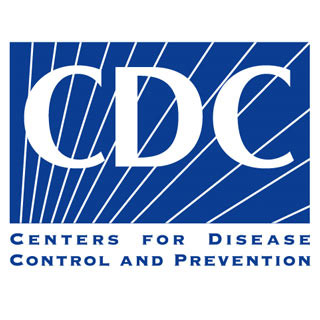
According to the study, a tablet containing tenofovir disoproxil fumarate and emtricitabine also known as Truvada (TDF/FTC) when taken once a day may decrease the risk of HIV acquisition, by almost 63 percent on an average among uninfected heterosexual men and women. The mechanism of delivering oral antiretroviral drugs everyday to uninfected individuals before they are exposed to HIV is known as pre-exposure prophylaxis, or PrEP.
“Given the severity of the HIV epidemic among heterosexual men and women globally – and the critical need for female-controlled prevention methods – this study provides exciting and welcome news. The next important step is to fully review the data and assess when and how PrEP should best be used for HIV prevention among heterosexuals,†commented Jonathan Mermin, M.D., director of CDC’s Division of HIV/AIDS Prevention.
Another investigation running parallel to the aforementioned, proclaimed by the University of Washington (UW) scientists has revealed that daily PrEP apparently lowered HIV transmission within heterosexual couples in Kenya and Uganda. This analysis is known as the Partners PrEP study which disclosed that 2 different antiretroviral regimens tenofovir also called Viread and TDF or FTC, prominently decreased HIV transition among serodiscordant pairs, where one of them is HIV positive while the other one is not.
Though PrEP appeared to work with gays, its effect on heterosexuals has not been clear. Further examinations did not include HIV infections that took place more than 30 days after a participant’s reportedly had the drug dose, as those persons could not have been consuming the study tablets during the infection. It came to fore that TDF/FTC apparently lessened the risk of HIV infection by 78%.
Almost 1,219 HIV negative heterosexual male and female in the age-group 18-39 in Botswana enrolled for the TDF2 trial and were asked to take a daily TDF/FTC pill or a placebo pill randomly. The participants were also given extensive HIV prohibition devices that were inclusive of male and female condoms, behavioral counseling, and testing as well as treatment for sexually transferred diseases. As per the principal analysis, 601 participants were administered TDF/FTC. Among them, 9 seemingly became infected with HIV and among the 599 participants who received placebo, 24 supposedly became infected during the process. This shows that cumulatively, the decrease in risk was approximately 62.6%.
Among those who received a supply of study drugs, the shielding effect appeared to be higher with nearly 77.9% risk reduction. Preliminary trails did not seem to unfold any precautionary measures related to daily usage of TDF/FTC. Those who were given the study medication appeared to more susceptible to nausea, vomiting and dizziness than those who were assigned to the placebo arm. All participants who developed infection underwent medical intervention as soon as possible. Those who remained HIV negative will be asked to consume the study drug for a period of 1 year as a part of a CDC follow-up trial.
TDF/FTC is approved by FDA and is available in the United States under the brand name Truvada. It is apparently used in combination with other antiretroviral therapies for treating HIV-1 infection in adults and pediatric patients of the age 12 or older. However, FDA has not approved it for PrEP.
The findings will be presented at the IAS 2011 conference on July 18.
